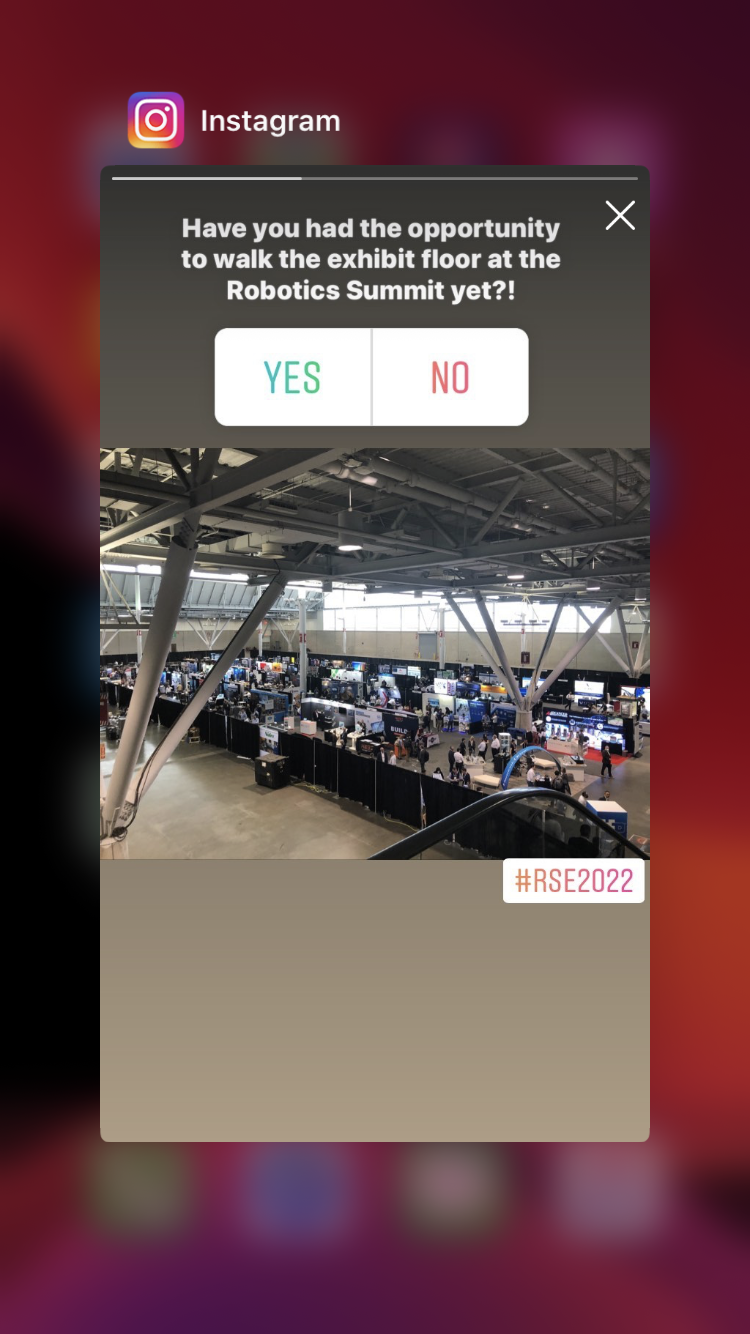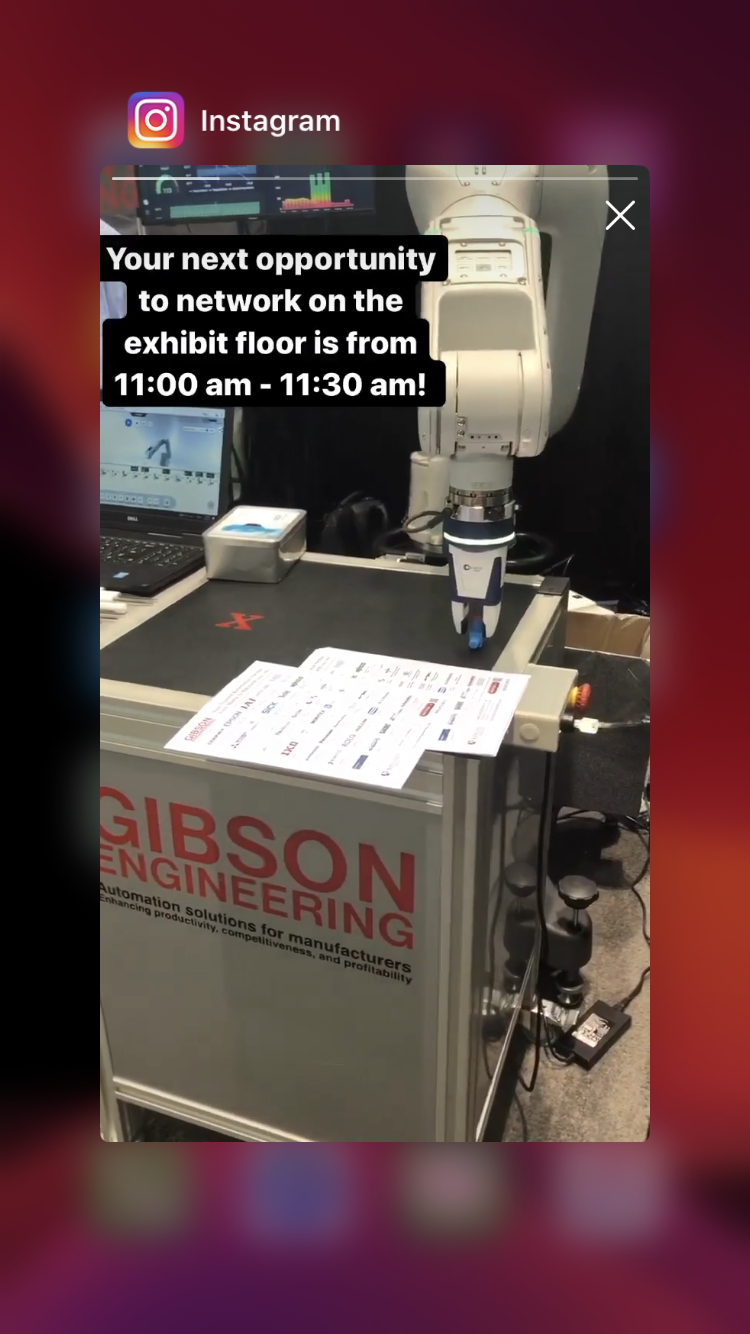
Ways to Effectively Cover B2B Events Through Social Media
B2B event marketing promotes a product, brand, or service through interactions with the ultimate goal of actualized business values, such as customer retention, increased event revenue, sales promotion, business relationship, and brand awareness. Although we had the technology to have webinars, video calls, and podcasts beginning in the 1990s, these avenues significantly increased in March 2020 when COVID-19 drastically changed the event space. B2B event marketing has always been a great way to connect with others in the industry, create networking opportunities, generate leads, and increase visibility.
But with events on hold, event managers re-evaluated the virtual event landscape and analyzed which needed to be canceled, postponed, or reimagined. The pandemic brought virtual events to the forefront, which are here to stay and will continue to be more immersive with new technologies improving daily. Many events went the hybrid route with options of going in-person or attending online seminars. Companies are constantly innovating and trying to deliver incredible, memorable virtual experiences, and “new technologies and products are making it easier than ever for organizations to transition their events to digital spaces.”
Even though events are starting to make a comeback, they will continue to incorporate virtual options and ways to participate. Some of these ways include virtual showrooms, virtual tradeshows, webinars, podcasts, conferences, and more. How can you help your events team?
Whether your company is hosting an event or a colleague is attending, these tips will help you get into the swing of things.
Things to do:
- Visit the event website and social media channels to look for a hashtag. This is the perfect way to generate buzz about the event whether you are hosting or attending! It also makes it easy to go back and see what worked and what can be improved.
- Follow the company and hashtag, engage with posts, and reshare if applicable.
- Know all of the details (days of the event, location, times, registration deadline, etc.) Use these details to effectively promote the event, where you will be hosting your booth, etc.
- Identify your target audience.
- Determine your event goals (create awareness, launch a new product, etc.)
- If none of these options are in your budget or you want more visibility, consider advertising on social media to get the word out. Determine a budget for advertising. Most events have tiered options that include different advertising opportunities.
- Post on your story with interactive elements (q&a, polls, quiz, links, countdown, go live, share live photos and videos, etc.)
- Recap of event / thank the audience for showing up.
- Review what worked and what needs improvement with your team
With in-person events back, hybrid will continue to be included in the mix. Virtual events can be so influential since they can “connect businesses, prospects, and communities that would otherwise never have connected through an in-person event due to geographic and economic barriers.” But, either way, you will know how to navigate the B2B event space.






Leave a Comment
You must be logged in to post a comment.